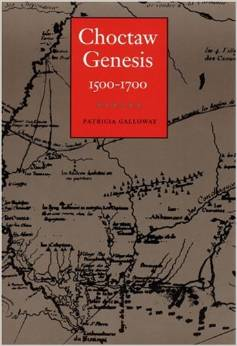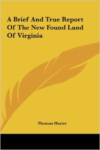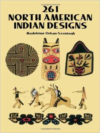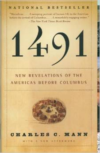Description
“A remarkable synthesis of history| anthropology| and cartography”.-Choice. “A significant addition to a rich and growing bibliography of southeastern Indians in general and the Choctaws in particular . . . [Galloway shows] the finest instincts of a careful researcher . . . and she offer[s] a volume that is readable| enjoyable| even engrossing| and defensible”.-Journal of American History. “Galloway’s command of the sources is convincing| her scholarship is sound”.-Western Historical Quarterly. “The arguments [Galloway] develops-many of them provocative and some controversial-will undoubtedly act as a catalyst to involve others in the study of this fascinating era”.-Mississippi Archaeology. Starting with the basic archaeological evidence and the written records of early Spanish and English visitors| Patricia Galloway traces the likely origin of the Choctaw people| their movements and interactions with other native groups in the South| and their response to Euro-American contacts. She thereby creates the first careful and complete history of the tribe in the early modern period. This rich and detailed work-winner of the Erminie Wheeler-Voegelin Prize| the James Mooney Award| and the McLemore Prize-not only provides much new information on the Choctaws but illuminates the entire field of colonial-era southeastern history and provides a model for ethnographic studies. Patricia Galloway is Special Projects Officer| Mississippi Department of Archives and History. She is the editor of The Southeastern Ceremonial Complex: Artifacts and Analysis (Nebraska 1989) and The Hernando de Soto Expedition: History| Historiography| and “Discovery” in the Southeast (Nebraska 1997).






Reviews
There are no reviews yet.